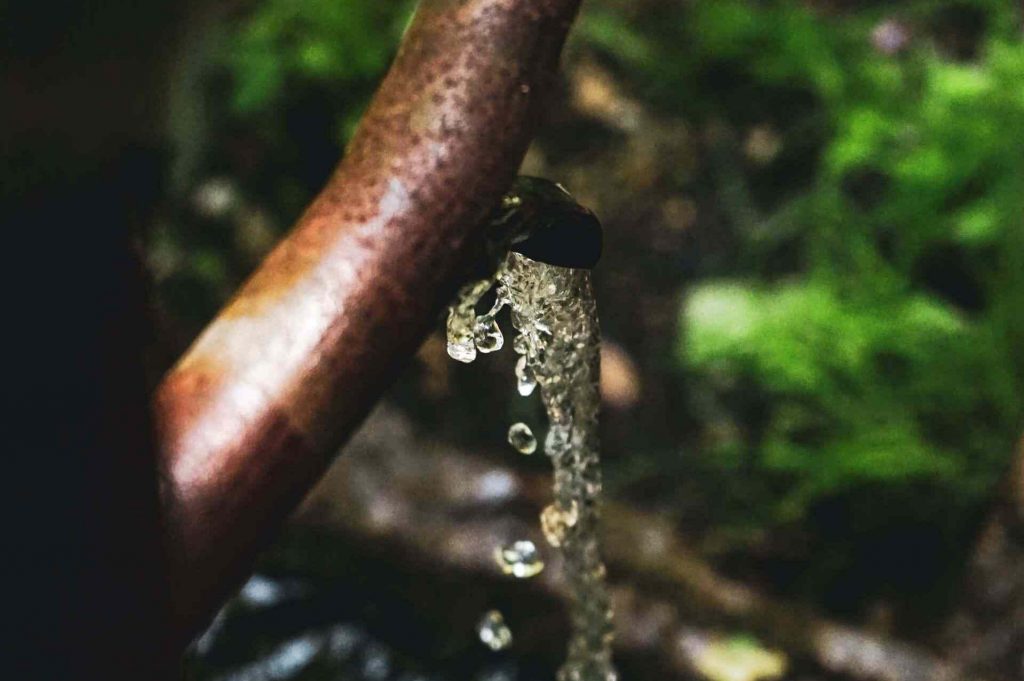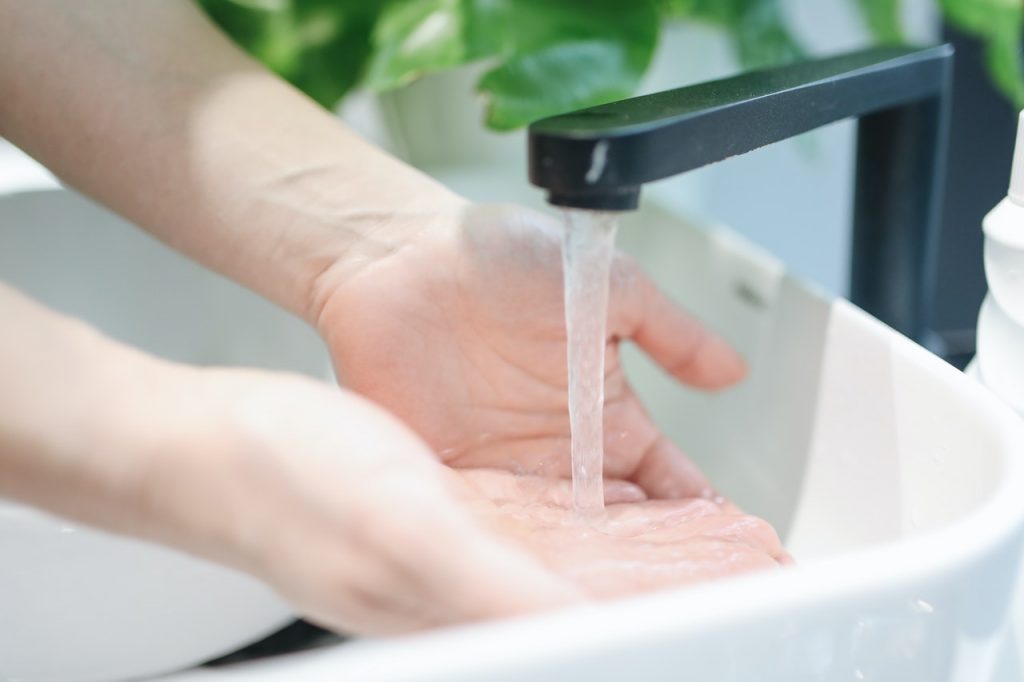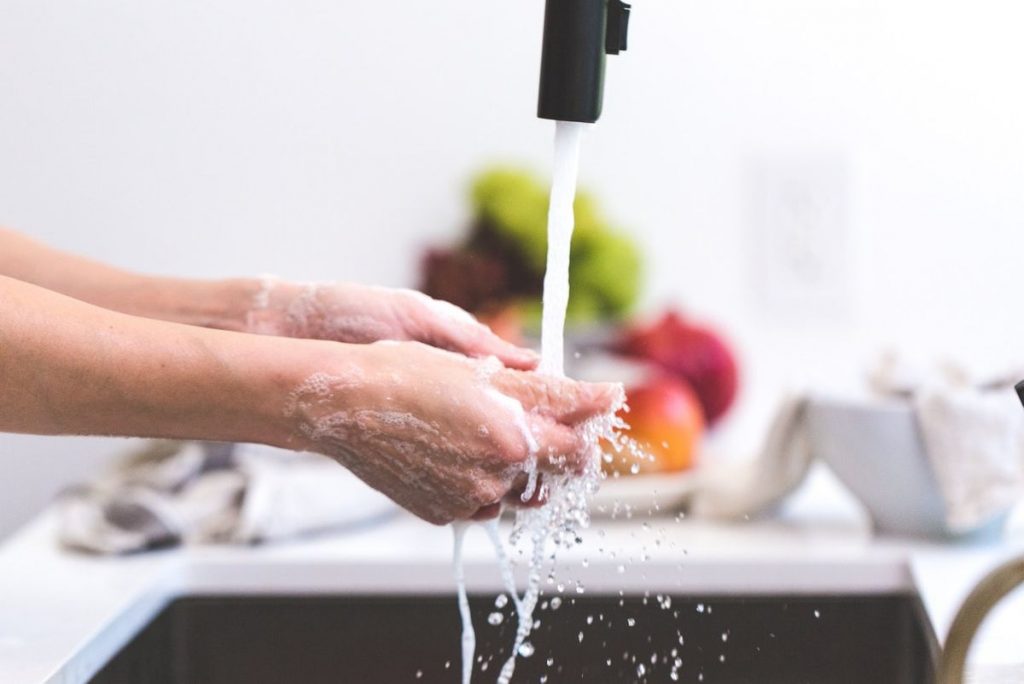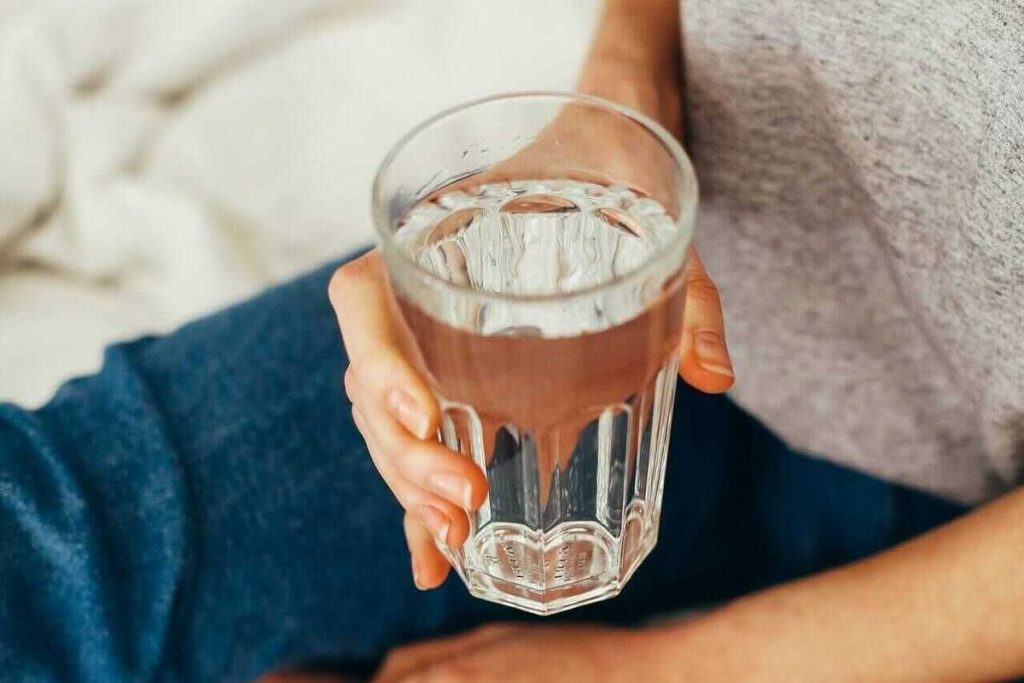If you have well water or are looking to install a well in the future, you may be wondering if you need a water softener. Chances are – you probably do.
Well water comes directly out of the ground and into your home, as opposed to city water, which has already been stored and treated before it reaches your water lines. Because well water comes from deep in the ground, it can often have higher levels of minerals like calcium and magnesium not found in treated water.
A water softener can remove these unwanted minerals from your water, making it easier on the skin and better on your pipes and appliances. If you’re thinking about installing a water softener in your home, here are a few factors to consider.
Test your water’s hardness
Water testing is easy and affordable. There are tons of inexpensive home water testing kits you can buy online, or you can get in touch with your local health department and see if they do water hardness testing. If you want a quick and easy DIY method to determine if you have hard water, try this soapy water test:
- Fill a clear water bottle 1/3 of the way with water straight from your faucet .
- Add a few drops of pure liquid hand soap (not dishwashing detergent), put the cap on and shake vigorously for a few seconds.
- If there is a clear lack of bubbles and your water looks cloudy or milky, congratulations! You have hard water.
Of course, the soapy water test won’t give you any actual data and you should still use an in-home water hardness test to get the most accurate results.
Well water is hard water
Because wells are drilled all the way down to the aquifer far below the surface of the ground, there can be a lot of dissolved organic matter in the water, including minerals that make your well water hard. If your homestead runs on well water, you will most likely need a water softener unless you live in a specific area where there are naturally fewer levels of these minerals.
How much water will you be using?
I get it – water softeners can be quite an investment up front. If you’re only looking to treat your water at, say, a cottage on the lake or an off-grid cabin you visit occasionally, you may not want to pay for a whole home water softening system.
Are you using water mainly for drinking and hygiene? Do you have a dishwasher, water heater, laundry machine, or other large water-using appliance?
If this is a property you are only visiting occasionally and you are only using the water minimally, you may choose not to get a water softener. Alternatively, there are portable water softeners available on the market.
Whatever you decide to do is your choice, but it is important to be aware of the damaging effects hard water can have on your home, especially on your plumbing and appliances.
What happens if you don’t use a water softener?
The effects of hard water depend on the overall level of hardness. This is why it is very important to test your well water to get an accurate measurement of the grains per gallon (gpg). Over time, hard water can cause scale buildup in your water lines and clog valves in your appliances, causing them to wear out quickly and waste energy. This can lead to major plumbing repairs and a hefty bill. Besides the larger issues, hard water can irritate your hair and skin, and who likes scrubbing soap scum from the sides of the shower?
Conclusion
If you have a well, you are most likely going to need a water softener. Not only will this system protect your appliances and plumbing from the damaging effects of hard water, but it can also improve the taste and quality of your water. Want to learn more about how water softeners work and how you can protect your home from hard water? Check out the related posts below!





